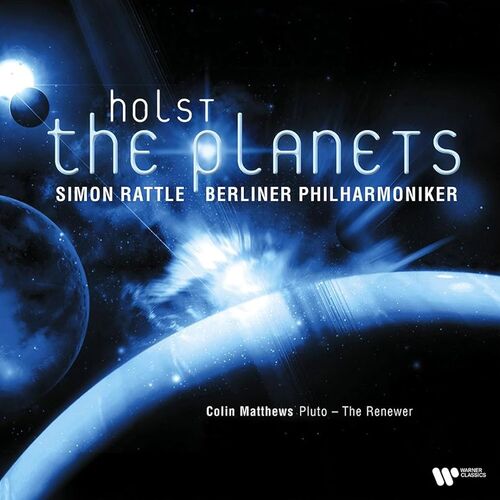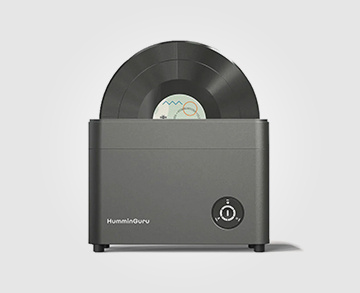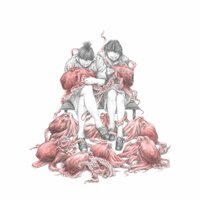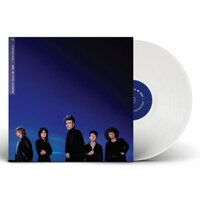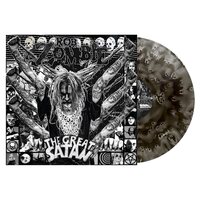The Planets is the most frequently performed piece of 20th century British music with immediate and lasting appeal. This high-profile live recording from 2006 was long overdue for the Berliner Philharmoniker who had not recorded The Planets since the legendary Karajan recording of 1981. Sir Simon Rattle had previously recorded another version of The Planets with the Philharmonia Orchestra, back in 1980, which was also hugely successful. Contrary to popular opinion The Planets is not a typically "English" piece. Holst's eclectic musical world was inspired by his fascination with astrology (mythology and horoscopes), Sanskrit writings and his admiration for the works of his contemporaries - particularly Debussy, Stravinsky, Ravel and Scriabin. "A magisterial performance, closely attentive to detail, in which the continental influences are highlighted as never before... The climax of 'Uranus' is a thriller: a massive build-up, with the famous organ glissando not spotlighted but spreading a great cloud of atmospherics in it's wake. Rattle also makes the best case yet for Colin Matthews' 'extra' planet 'Pluto'." BBC Music Magazine
- 1. The Planets, Op. 32: I. Mars, the Bringer of War
- 2. The Planets, Op. 32: II. Venus, the Bringer of Peace
- 3. The Planets, Op. 32: III. Mercury, the Winged Messenger
- 4. The Planets, Op. 32: IV. Jupiter, the Bringer of Jollity
- 5. The Planets, Op. 32: V. Saturn, the Bringer of Old Age
- 6. The Planets, Op. 32: VI. Uranus, the Magician
- 7. The Planets, Op. 32: VII. Neptune, the Mystic
- 8. Pluto, the Renewer
